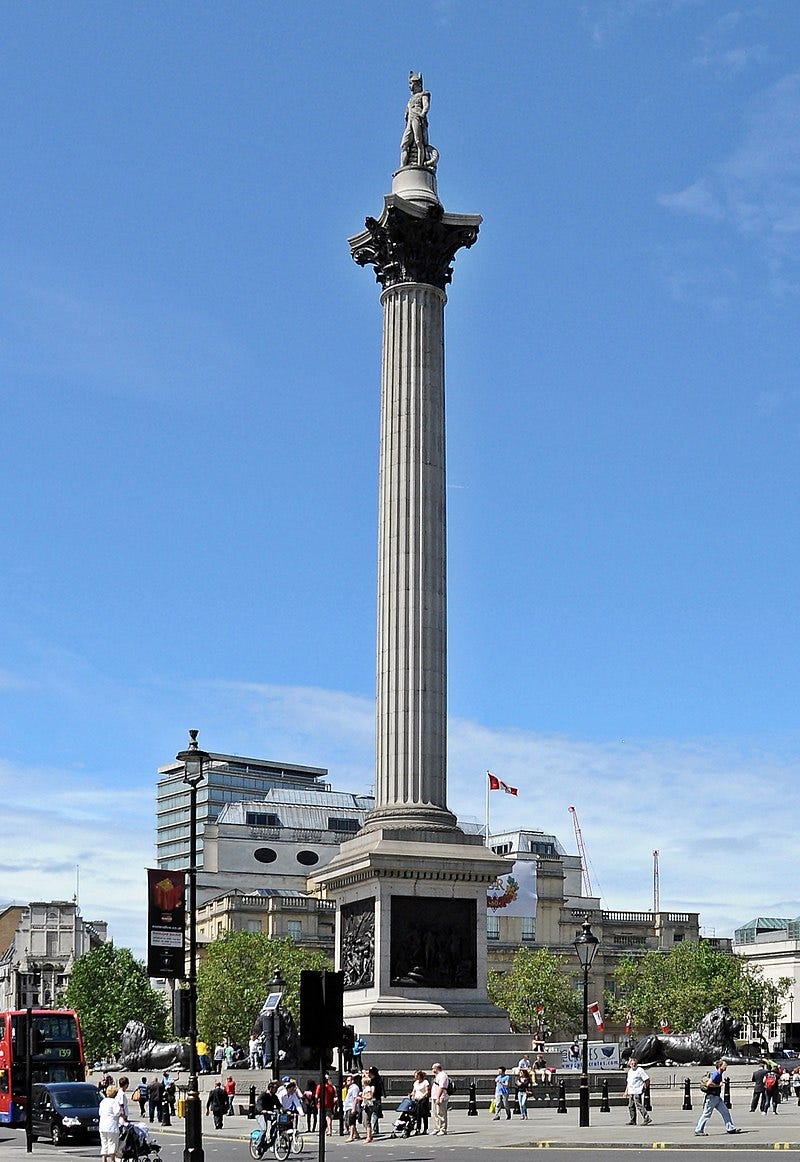Although we mortals regard life as our most precious possession, there is nothing that we more rapturously enjoy than the chance of throwing it away.
I
The risky road is always a well worn one; it is only on the safe path that the grass grows freely. We are never so happy as when taking tremendous hazards.
A boy loves to dash just in front of an oncoming car. He will walk home from school along the top of a narrow wall; there is plenty of room on the pavement, but then, there is no chance of breaking his neck on the pavement. The propensity will follow him till his last sun sets.
Now, of risks, there are two kinds. There are the risks that we run for the sake of the profit that we expect to make, and there are the risks that we run, as the schoolboy runs his, for the sheer fun of the thing. A gambler takes risks, but he takes them calculatingly, and after assessing all the chances ranged against him. A merchant takes risks, but he will not hazard £1000 on the chance of gaining 1000p. A miner takes risks, but he expects the jeopardy of his position to be considered in determining the rate of his remuneration.
Some of the most brilliant, and most fruitful, exploits of our history, have been achieved by men who did not hesitate to take the most nerve shattering risks. “Here goes!” cried Nelson, as he turned his face towards Trafalgar. ‘If I succeed, I shall have a statue in Westminster Abbey; if I fail, I shall be burned in effigy on every village green!” It is by the taking of such risks that fortunes are made, wars, one, and empires built.
The second class consists of the risks that a man will court as he courts a lady, for the risk’s own sake. Anybody who has spent half an hour in watching the tides of traffic surging into a great city in the morning, or streaming out at night, must have been astounded at the risks that people will run in order to catch trams and trains that they can very well afford to miss.
II
In the world like this, there are risks everywhere. It is risky to walk down the street; we may contract infection or meet with an accident. It is risky to buy or exchange; we may be cheated. It is risky to marry, risky to travel, risky to work. Thought is risky; it may lead to false conclusions. Faith is risky; it’s made betray us into heresy. Love is risky; thousands have made shipwreck by listening to its siren song.
Everything is risky. Almighty, God took a tremendous risk when he created the universe, and inaugurated the drama of the ages. But he deemed it well worth while, and we, in contemplating our smaller hazards, model, our behaviour on his sublime example.
We began very early to play this game of chance. We took a breathless risk, for example, on the first day of our lives. Birth is an audacious adventure.
Mr Chesterton says that the best way of testing our ability to accommodate ourselves to other people would be to climb down any chimney at random and get on as well as possible with the folk inside. “And that,” he adds, “is precisely what we each did on the day on which we were born.” We took that amazing leap with our eyes shut. We did not pause to enquire. Whether the chimney was the chimney of a Chinese home, an Eskimo igloo, or a British palace. We just plunged.
III
Because of the strange streak in our composition, nothing renders an enterprise more attractive than its element of danger.
Let an explorer demonstrate to the world that the expedition that he is about to lead will be extremely perilous, and men will rush to join his party. Pizarro among the Spaniards and Garibaldi among the Italians, secured all the followers they needed by promising hardship, torture, and starvation.
When, in our own time, Sir Ernest Shackleton proposed a tramp across the Antarctic Continent, incidentally calling in at the South Pole, peers of the realm, and men of the highest social standing offered to swab decks or serve in the galley if only they might be given a place in the party that was to court the risk of a dreadful death in the frozen South. One would have thought, as Shackleton remarked at the time, that a march through snow and ice for more than 2000 miles was the dizziness pinnacle of human happiness.
We are so constituted that the blood tingles in our veins in response to a call to face life‘s hazards. Dared by such situations, the soul rises to its golden best. This is why in the New Testament, the Saviour of the World stressed, not the advantages, but the risks and hardships of his service. He imprinted the Sign of the Cross on everything: “If any man will come after Me,” he said, let him take up his cross and follow Me.”
He appealed to our passion for the risky road; and, as a consequence, the flower of earth’s chivalry, the knightliest souls of the ages, have thronged to His banner.






